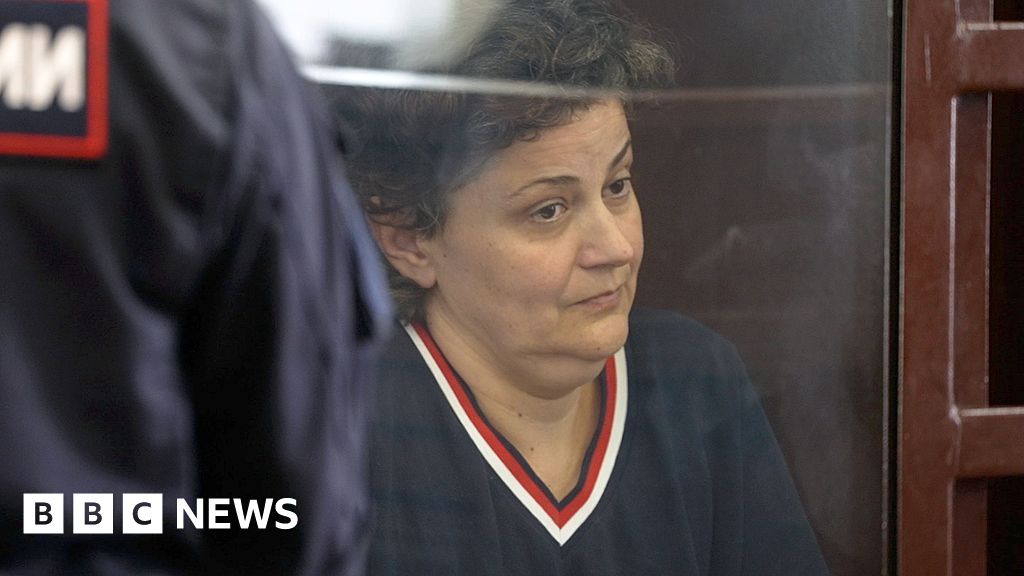Since Russia’s full-scale invasion of Ukraine there have been regular reports of Russians reporting neighbours, colleagues and acquaintances to the police over alleged anti-war statements.
Denunciations have led to arrests, prosecutions and, in some cases, long prison sentences.
But why has snitching become commonplace? And what are the implications for Russian society?
[…]
Free speech in Russia was already under attack, but days after the invasion of Ukraine in February 2022, Vladimir Putin took it to a whole new level.
A few days after ordering Russian troops into Ukraine for what he called a “special military operation”, President Putin signed into law repressive legislation designed to silence or punish criticism.
Russians could now be prosecuted for “discrediting the use of the Russian armed forces” and receive long prison sentences for spreading “knowingly false information” about the army.
[…]
The authorities also signalled a hunt for internal enemies. President Putin declared:
“…any nation, and even more so the Russian people, will always be able to distinguish true patriots from scum and traitors and will simply spit them out like an insect in their mouth, spit them onto the pavement. I am convinced that a natural and necessary self-detoxification of society like this will strengthen our country, our solidarity and cohesion…”
In this atmosphere of “us” against “them”, reports started coming in of Russians snitching on Russians for opposing the war in Ukraine - of students informing on teachers, professors on students, work colleagues on each other.
[…]
This has revived memories of the Soviet past when denunciation was actively encouraged by the authorities. Under dictator Joseph Stalin, the prison camps, or Gulag, were full of victims who had been snitched on by their fellow citizens.



:(